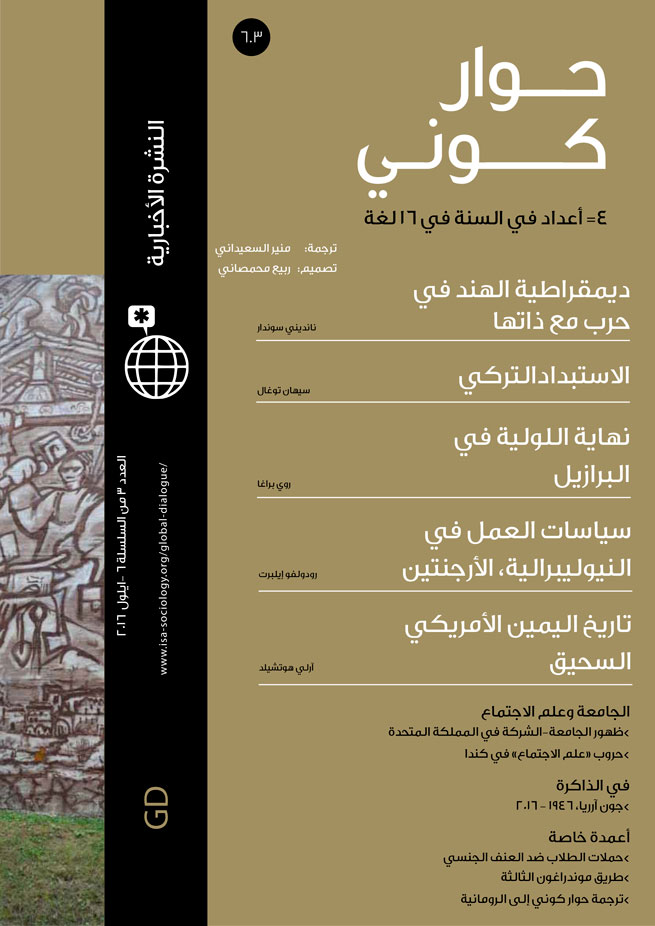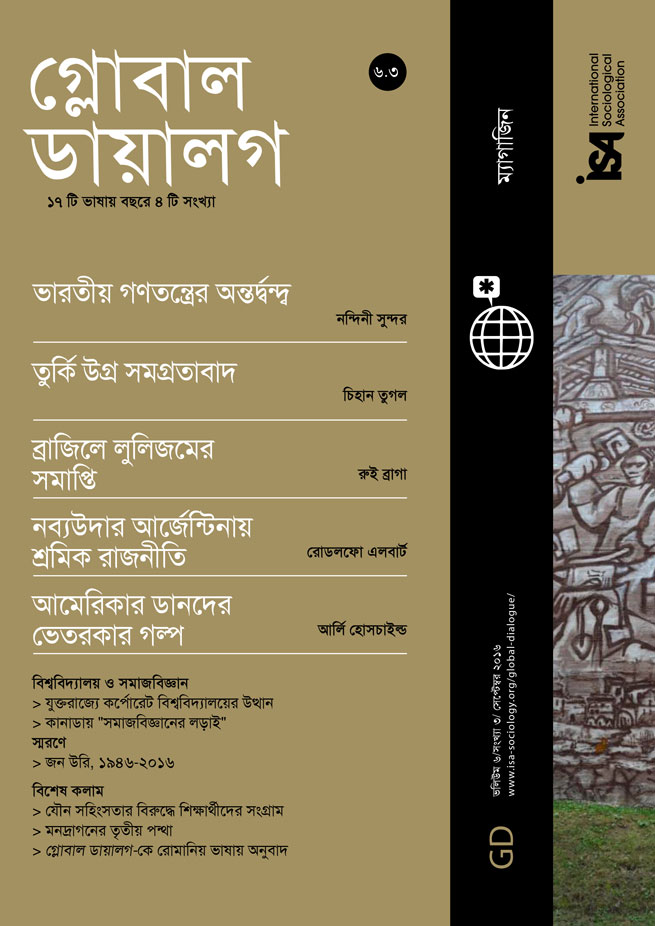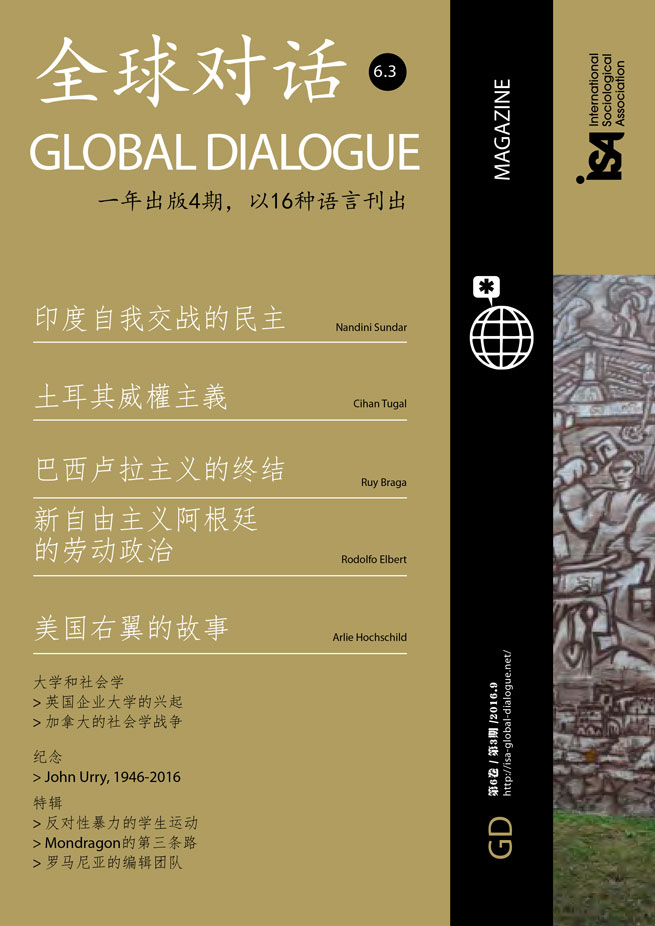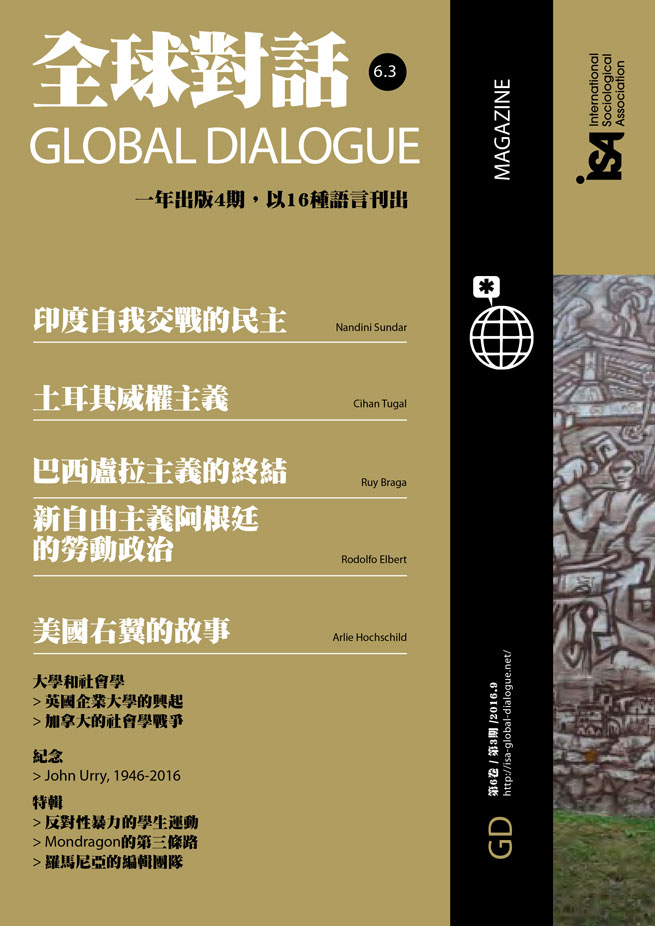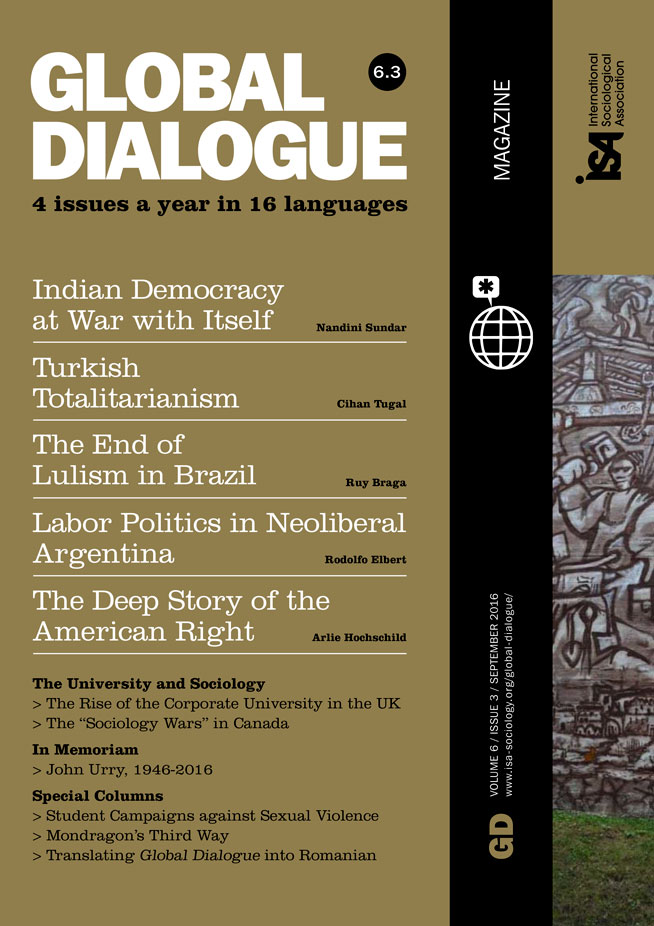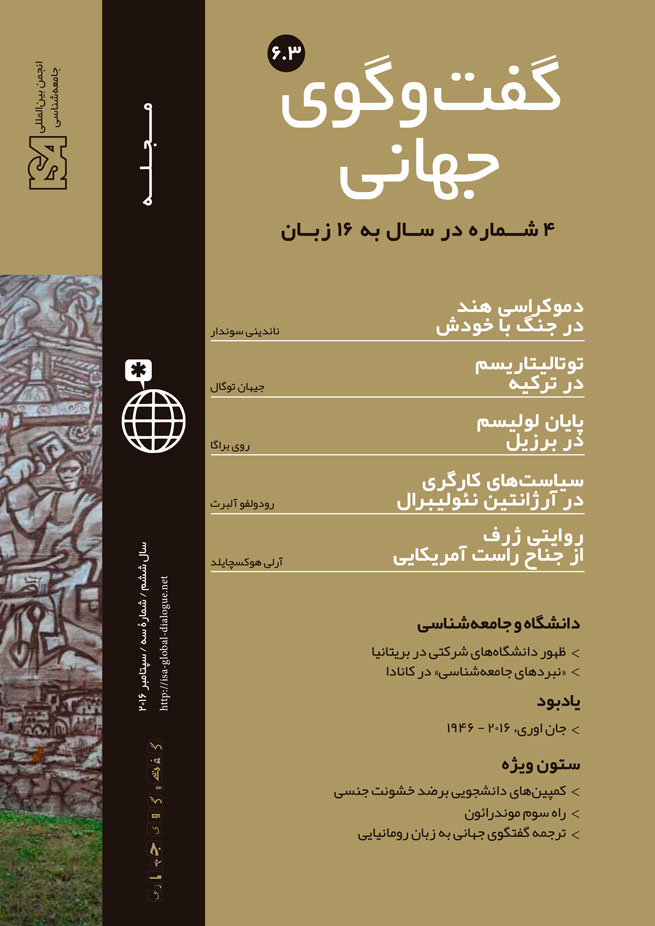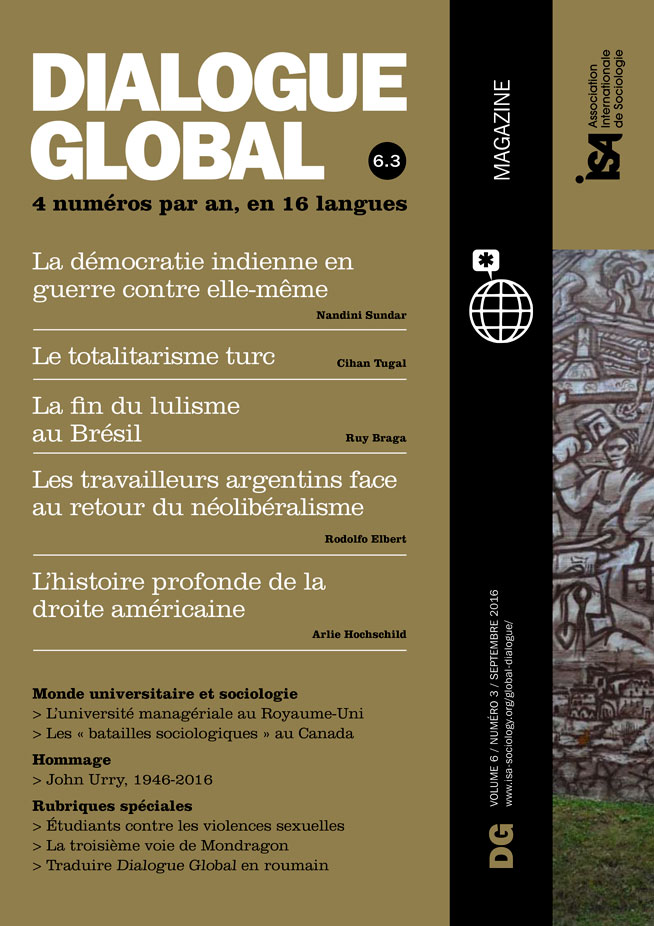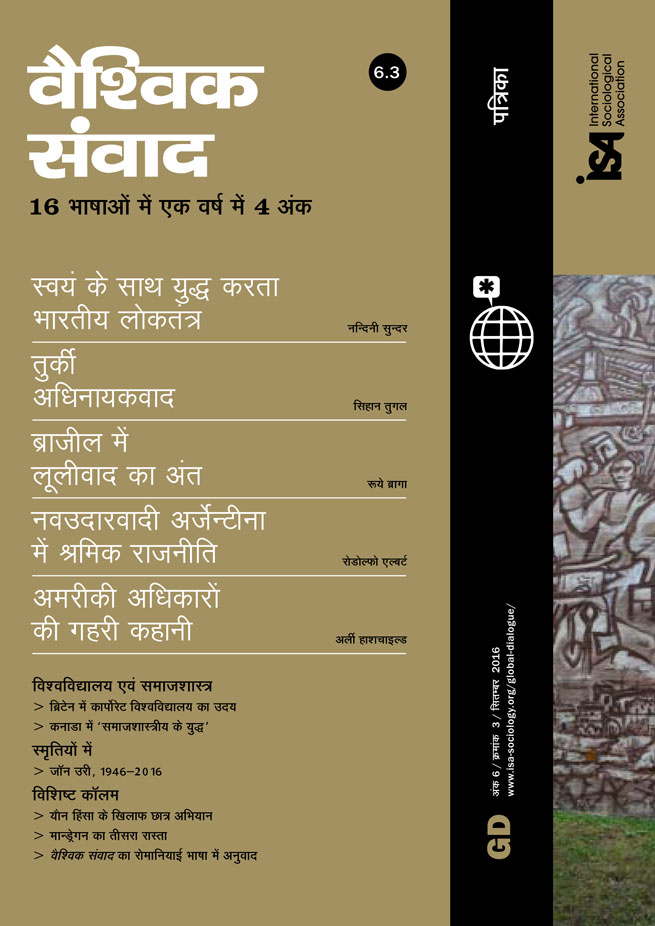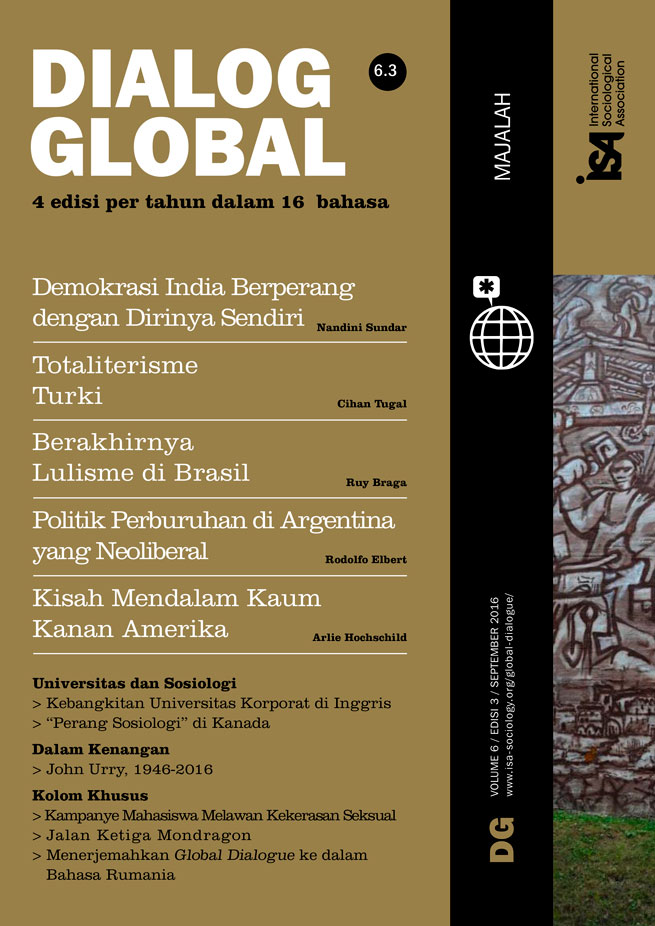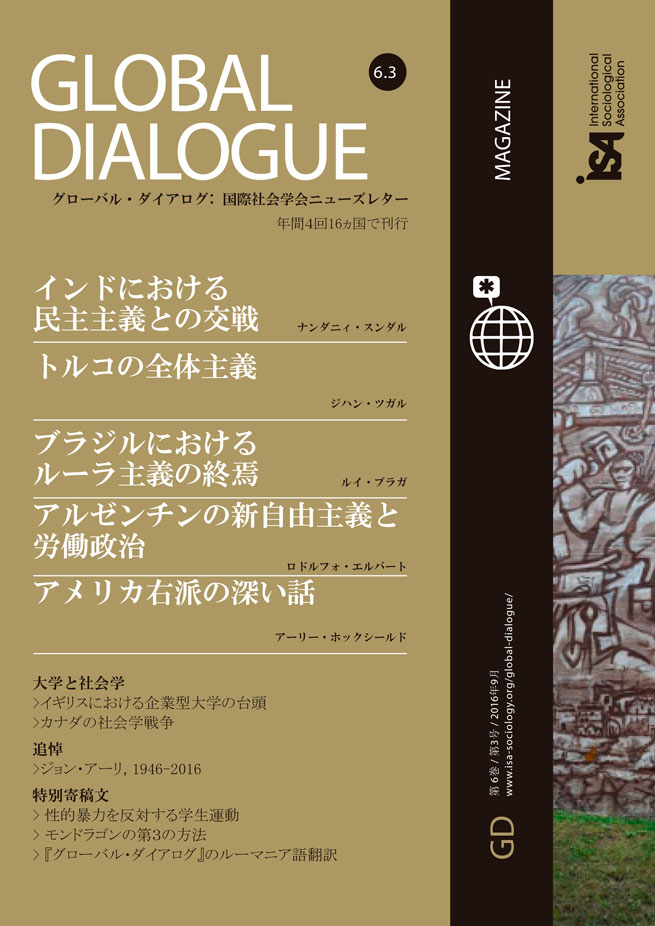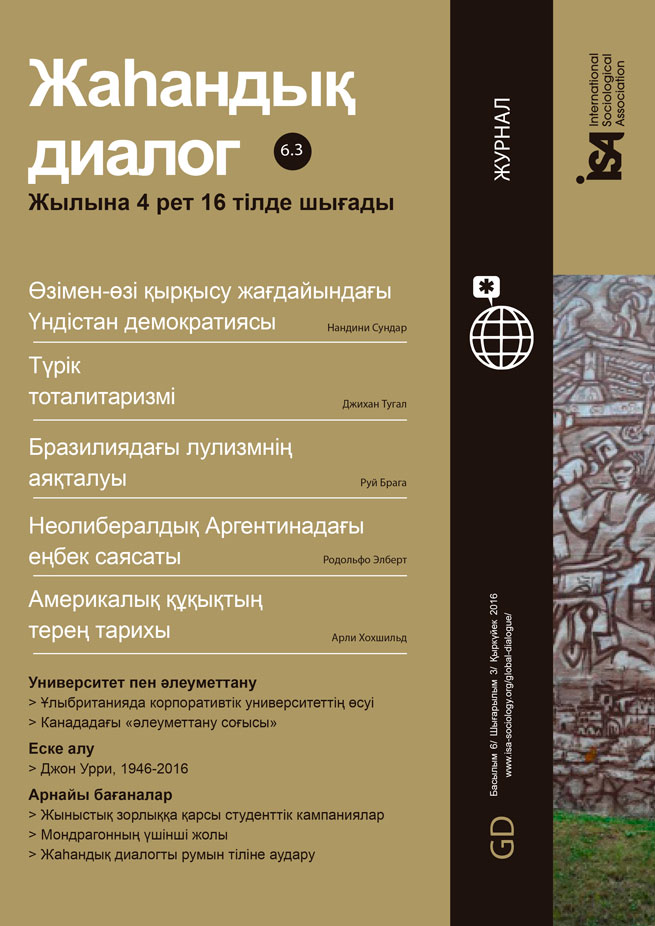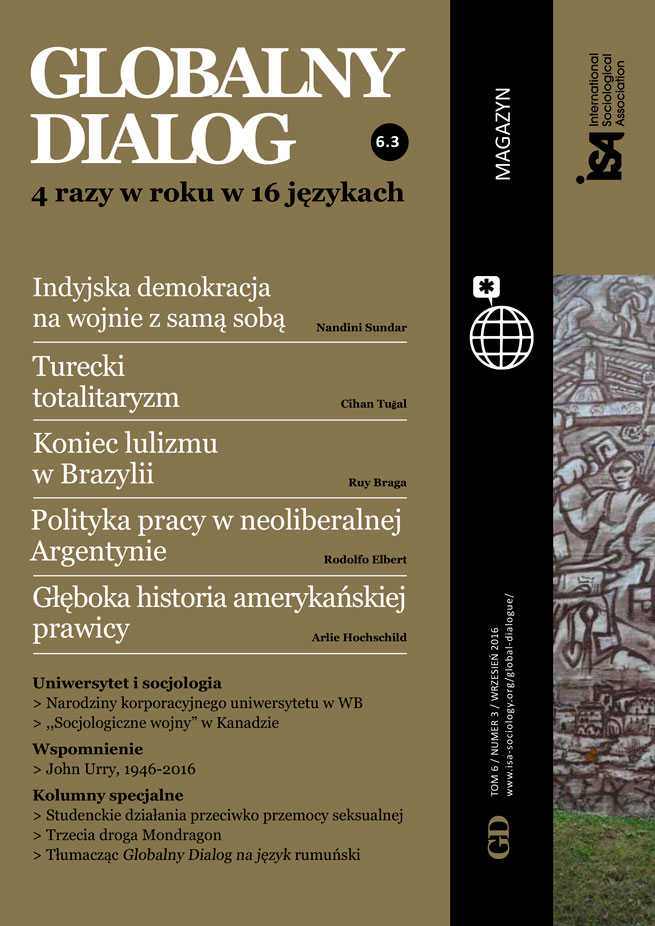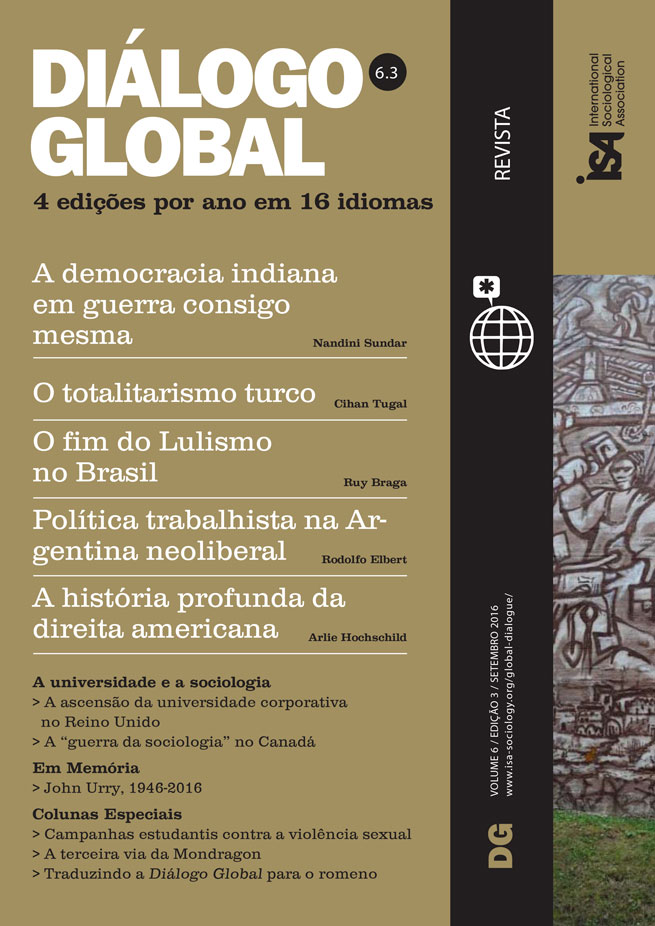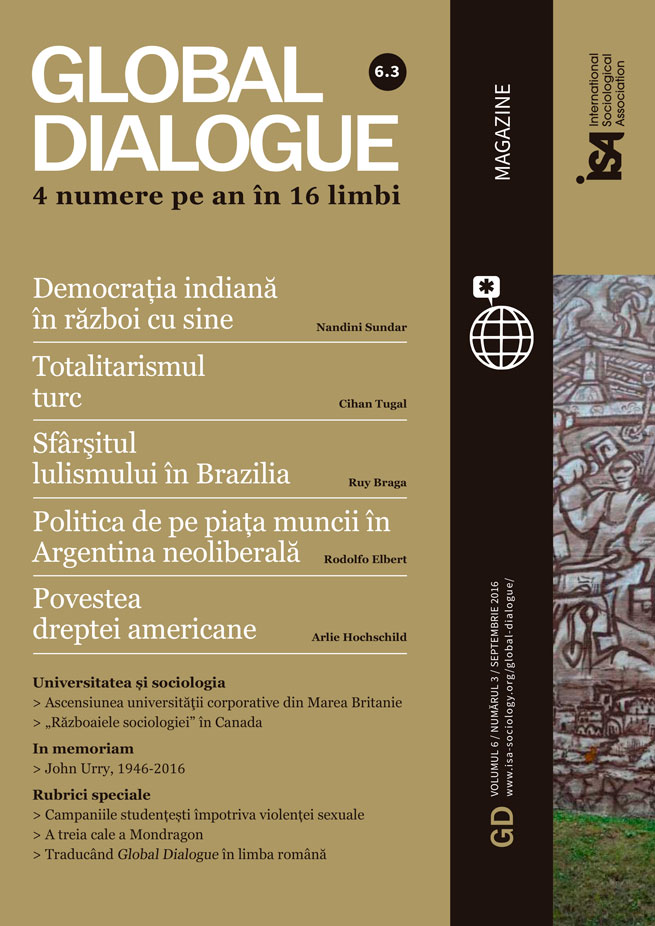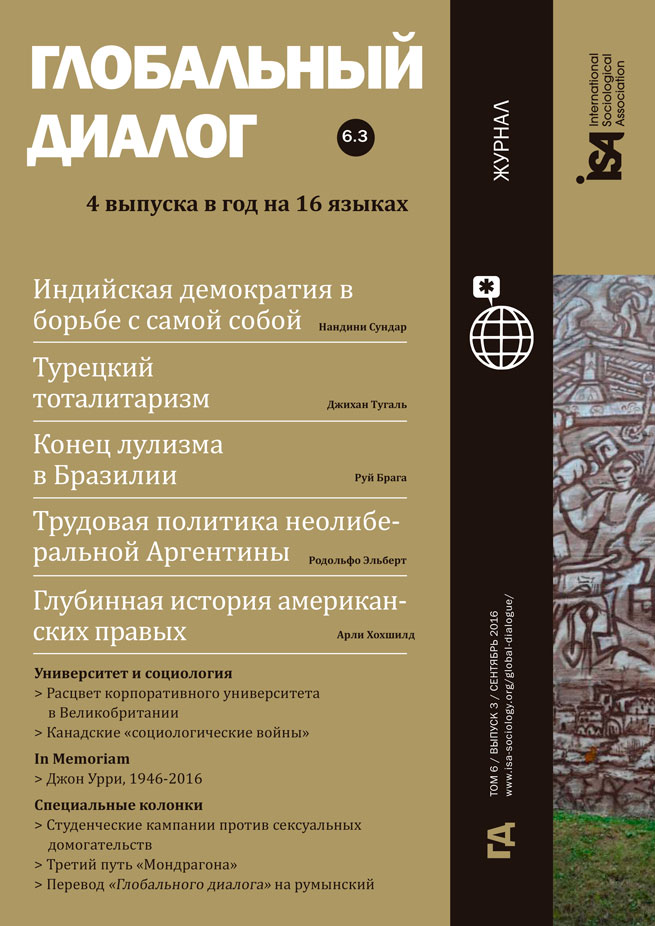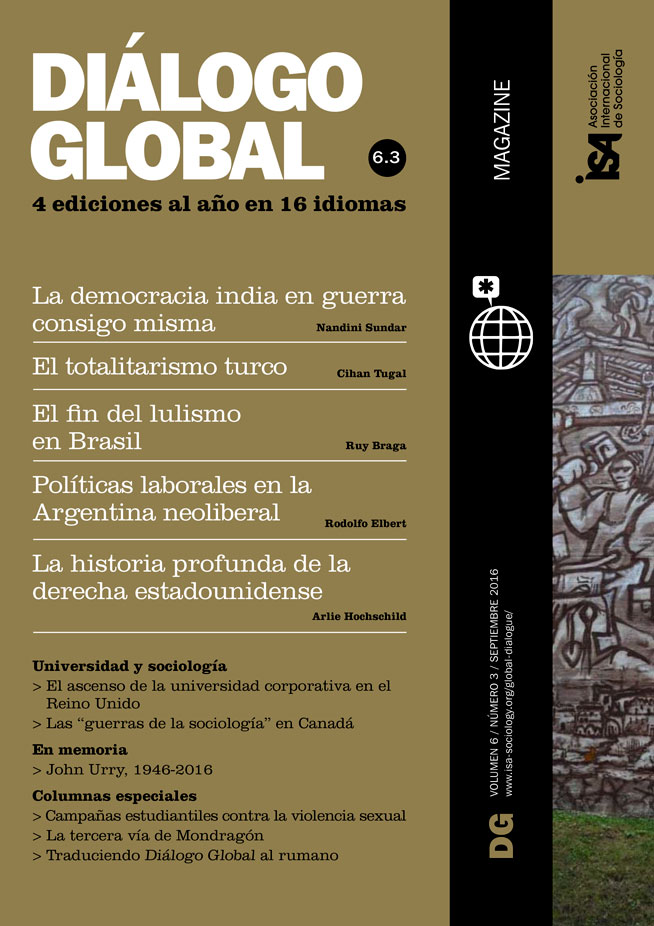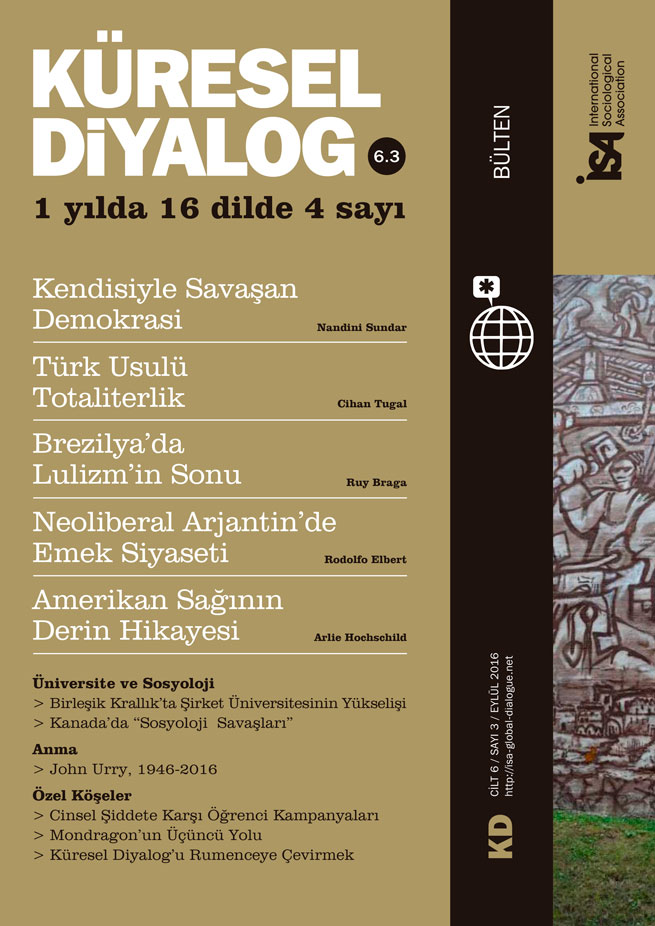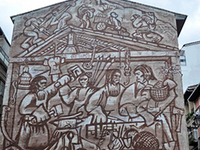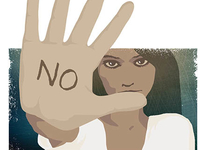Translating Global Dialogue into Romanian
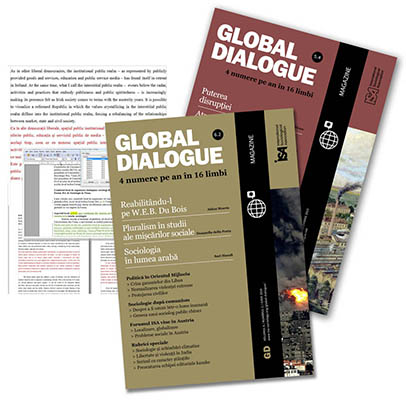
August 06, 2016
This article describes the genesis and structure of Global Dialogue’s Romanian editorial team, focusing on its development and working process, as well as some of the team’s idiosyncratic practices.
The Romanian editorial team was initiated by Professor Marian Preda, who encouraged postgraduate students to get involved as part of their doctoral training, and by Professor Cosima Rughiniș and Ileana-Cinziana Surdu, who helped the team develop its production processes. Ileana guided the team every step of the way and greatly contributed to shaping its current operations.
After receiving the English versions of articles for Global Dialogue, the team sends out invitations to colleagues who have already been in the editorial team and to students in the University of Bucharest’s graduate program in Sociology. Among the most convincing incentives for joining the team is the experience it offers to practice sociological and linguistic skills in reading, processing and translating each article – with the added incentive of ISA student membership after helping with five issues.
Once the English drafts are placed in a Dropbox folder, the articles are translated over the next two weeks. Each translator is asked to translate a certain amount, usually between four and ten pages, depending on the issue. The third week involves a peer-review process, where each team member reviews an article previously translated by another colleague. The English and the Romanian versions of articles are constantly compared, in order to best capture the text’s original meaning and style. During the fourth week, another team member, newly engaged in the process, reviews each article, seeking to maintain compatibility across articles (e.g. harmonizing the citation style of the magazine; deciding upon which synonym would fit the best), and finally, the team proofreads and edits the Romanian articles.
Still, things do not always run smoothly: each of us has had to work on social skills, including patience and adaptability. One of the thorniest challenges is rendering the meaning of the English original into fluent and natural Romanian; sometimes, we have had to coin suitable terminology for relatively new concepts such as “trickle-down” economy, which we encountered in one of the articles from issue GD5.4. This challenge stems from the structural difference between English (a Germanic language) and Romanian (a Latin language), two languages which sometimes use conflicting rules of syntax and word order. Heated debates over which wording or phrasing would be the best translation offer good opportunities, not only to brush up our English, but also to polish the use of our own native language. At times we struggle to find Romanian phrasing for sociological concepts which are rather new – a debate that is often settled when a volunteer can bring evidence that a Romanian sociologist has used a translated version of the English terms. Thus the translation challenge helps us in two ways: it improves our linguistic proficiency and strengthens our general knowledge of sociology in the process. Meeting the translation deadline, while still debating theoretical topics, is another challenge – especially since all members have to fit their work on Global Dialogue into their academic and professional schedules.
Given the wide variety of topics covered by the magazine, joining the Global Dialogue family requires considerable experimentation with various academic and local cultures. Throughout the entire process of translation, each team member brings her or his expertise so that every issue of the Romanian version is the fruit of enthusiastic involvement, keen interest and utmost dedication.
Costinel Anuța, University of Bucharest, Romania <costinel.anuta@gmail.com>
Corina Brăgaru, University of Bucharest, Romania <bragaru_corina@yahoo.com>
Anca Mihai, University of Bucharest, Romania <anca.mihai07@gmail.com>
ana Negrea, University of Bucharest, Romania <oana.elena.negrea@gmail.com>
Ion Daniel Popa, University of Bucharest, Romania <iondanielpopa@yahoo.com>
Diana Tihan, University of Bucharest, Romania <tihandiana@yahoo.com>

